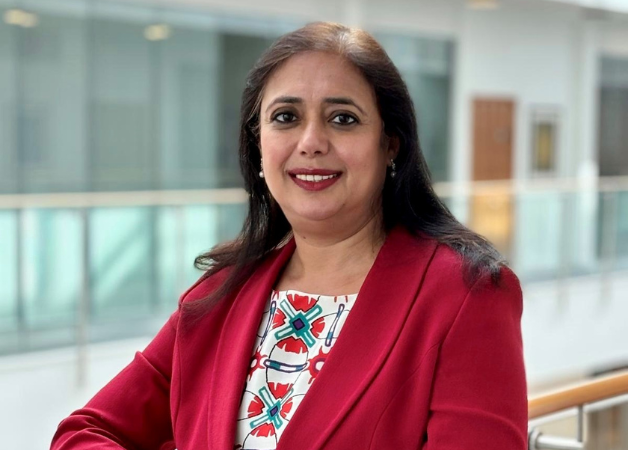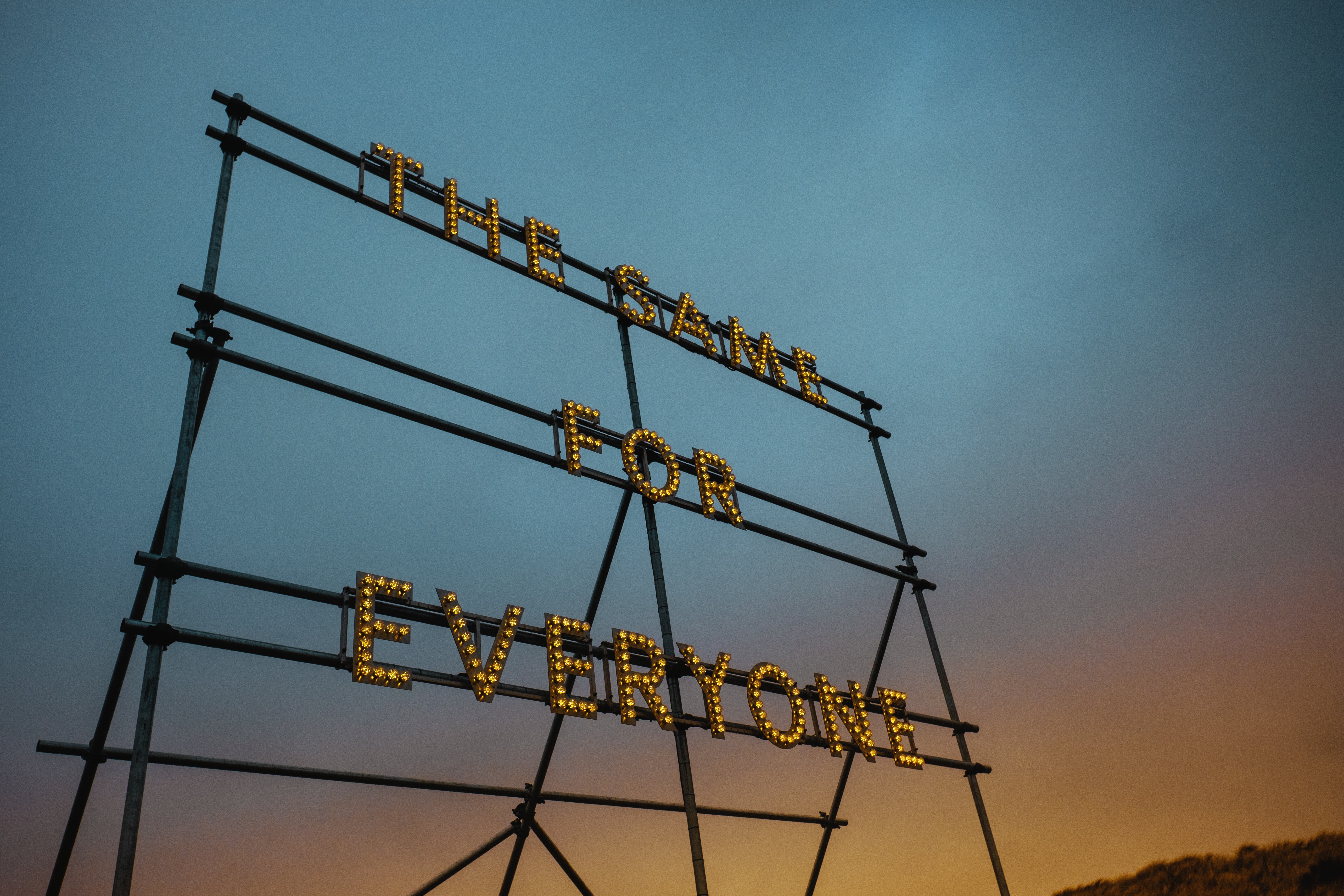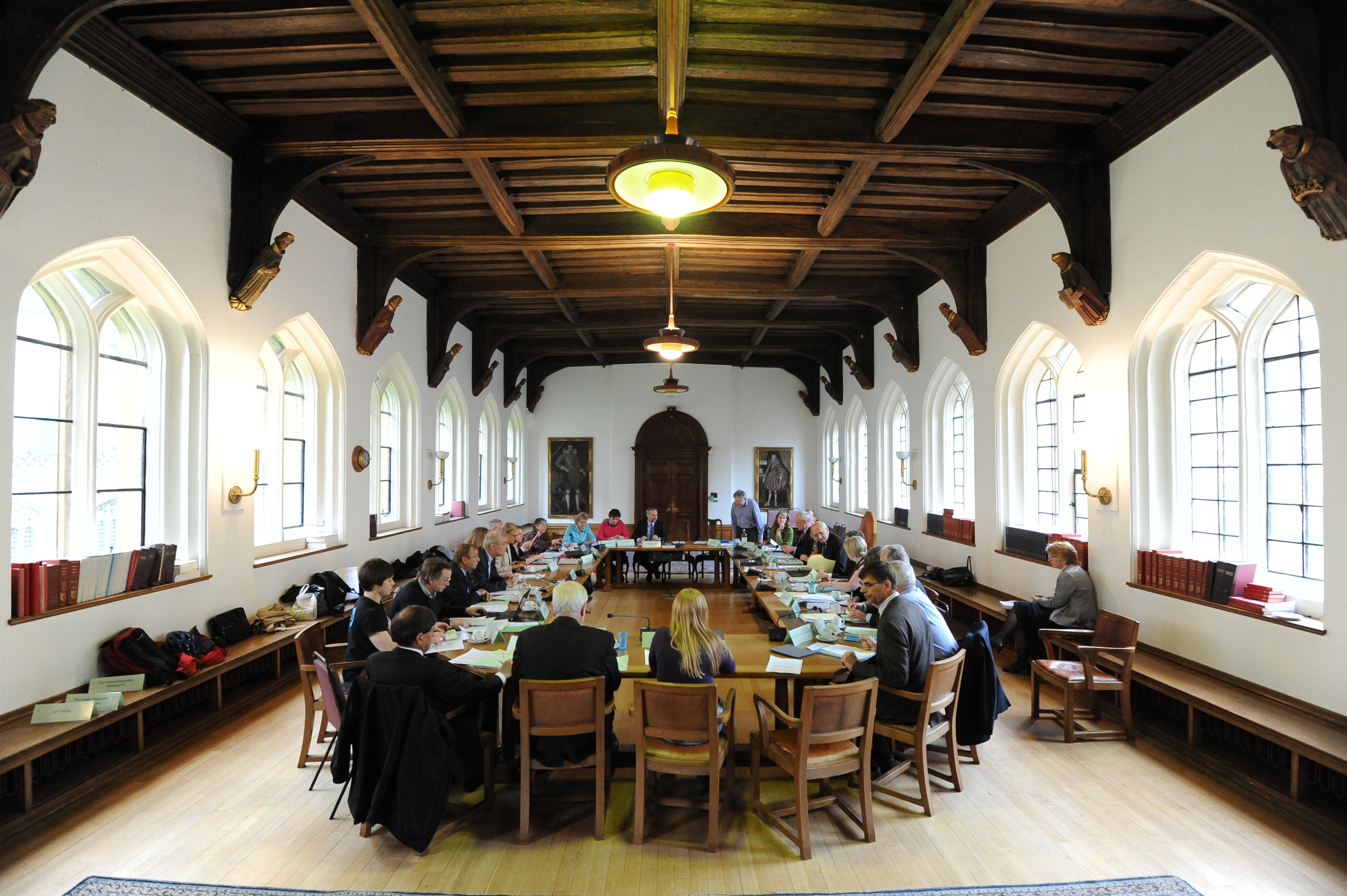The Power of Storytelling in Shaping Inclusive Higher Education
Dr Monika Nangia, Director of Student Academic Services and Academic Registrar at Durham University shares her views on diversity and inclusion in UK Higher Education Leadership, the impact and way forward.

In recent years, the conversation around diversity and inclusion in UK Higher Education has gained momentum, yet there remains a crucial gap in the representation of racially minoritised leaders in senior positions. Increasing the diversity of senior leadership within Professional Services is not just a matter of equity but a step towards creating a more inclusive, supportive, and enriching environment for all. It benefits the entire academic community by fostering a culture of shared understanding and respect. However, it is essential to address the challenges faced by these leaders to bring awareness to the systemic barriers that persist. Highlighting their stories can play a transformative role in promoting equity, inspiring others, and encouraging institutions to implement fair treatment and equal opportunities for everyone.
The Reality Behind the Data: Where Are the Leaders?
Let me provide some context. Despite efforts to close the attainment gap between white and Black, Asian, and minority ethnic students, there is a significant underrepresentation of ethnically diverse staff in senior leadership positions within Professional Services (PS). For academic staff, there has been some progress: in 2020, 18% of academics were from Black, Asian, and minority ethnic backgrounds, compared to 82% who were white.
Over the last decade, the proportion of white staff in UK higher education has decreased from 91.4% to 84.6%, while the proportion of Black, Asian, and minority ethnic staff has nearly doubled from 8.6% to 15.4%. Despite this progress, disparities remain in senior management, professorial roles, and higher salary bands. For PS staff, the lack of comprehensive data makes it difficult to gauge representation accurately.
With assistance from Advance HE, I conducted an analysis of PS staff data based on contract type and salary scales. The findings were concerning – only 0.5% of Black, Asian, and minority ethnic staff hold senior leadership roles. Including Directors and Senior Managers, this number increases to just 5%. The push is to make data collection on PS staff by protected characteristics mandatory—a step that could help track progress and address these disparities.
Recognising the scale of the challenge, the Higher Diversity Coalition (#HDC) was formed in 2022. We set out a plan focused on promoting diversity in PS leadership through recruitment, professional development, and better data collection. As we progressed, it became clear to me that a new approach was needed—one that could connect with people on a deeper level.
Storytelling as a Tool for Change
Storytelling is a powerful way to foster understanding and empathy. Research from Princeton University shows that storytelling can synchronise brain wave patterns between the storyteller and the listener, creating a shared experience. This inspired me to ask peers from the ‘global ethnic majority’ to share their professional journeys, candidly mapping their career aspirations and the obstacles they faced. While some found the process therapeutic, others warned that these stories might trigger suppressed emotions—a reality we often set aside in the workplace.
Common Themes from the Stories
The shared experiences from their stories reveal several recurring themes:
Being Overlooked for Promotion: Many spoke about the frustration of being passed over for promotions despite strong qualifications and performance. This experience would damage self-esteem and make career progression seem unattainable.
Having to Be Twice as Good: The need to outperform white peers to achieve the same recognition is another common challenge. They said that constantly having to prove competence can lead to burnout and disengagement, making it hard to sustain momentum.
Lack of Role Models and Mentors: The absence of senior leaders from similar backgrounds is a significant barrier, making it difficult for us to navigate our careers. One participant noted, “If you can see it, you can be it,” which highlights the importance of representation.
The Pressure to Conform: The struggle between blending in to minimise the differences and celebrating uniqueness by standing out to define your own brand is a persistent challenge. Both strategies bring their own pressures and can create self-doubt and a sense of isolation.
Microaggressions: Subtle yet pervasive microaggressions—such as mispronouncing names or mistaking one person for another—can have a corrosive impact. Nonverbal cues like eye-rolling during meetings exacerbate the feeling of being unwelcome, creating a hostile environment.
The Feeling of Being Invisible: Many described the frustration of having their ideas ignored until presented by someone else. The experience of being invisible in important discussions undermines confidence and diminishes their contributions.
The Impact: Mental, Emotional, and Physiological Toll
The consequences of these challenges are significant. Microaggressions and systemic biases lead to heightened stress, anxiety, and physical symptoms like headaches and sleep disturbances. Over time, this emotional toll results in increased absenteeism, decreased productivity, and a loss of self-esteem, affecting both individuals and the institution.
The Path Forward: Harnessing the Power of Storytelling
In building a truly inclusive higher education environment, Storytelling can be a transformative tool. By sharing the narratives of racially minoritised leaders, we can shed light on the systemic barriers that exist and inspire actionable change. Institutions must listen and learn from these stories, using them as a foundation for implementing policies that promote equity and inclusiveness.
Through collective action driven by empathy, we can foster a higher education system where everyone feels valued and empowered to reach their full potential. The journey towards inclusivity is shared, and it begins with a commitment to listen, learn, and act together.
This blog underscores the importance of storytelling in promoting diversity and inclusion within higher education, illustrating how personal narratives can drive institutional change and create a more equitable environment for all.
About this initiative – The Power of Storytelling – is part of a coalition. In 2022, Higher Diversity Coalition was formed to recognise the scale of the challenge in the UK universities and with an intent to do something about it. The Coalition has representation from the Academic Registrars Council [arc.ac.uk] (ARC), Association of Higher Education Professionals [ahep.ac.uk] (AHEP), Association of Head of University Administration (AHUA), Universities Human Resources [uhr.ac.uk] (UHR), Higher Education Planning Association [hespa.ac.uk] (HESPA),Association of Managers of Student Services in Higher Education [amosshe.org.uk] (AMOSSHE), Society for College, National and University Libraries [sconul.ac.uk] (SCONUL), Association of Graduate Careers Advisory Services [agcas.org.uk] (AGCAS), [shma.co.uk] brought together by, Gatenby Sanderson [gatenbysanderson.com]. Together we set out a plan to deal with some of the issues around promoting diversity in professional services leadership through recruitment, professional development and data-management. Recently, Advance HE [advance-he.ac.uk] have joined forces to share the datasets that highlight these gaps in our diverse recruitment portfolio.
Related Blogs



